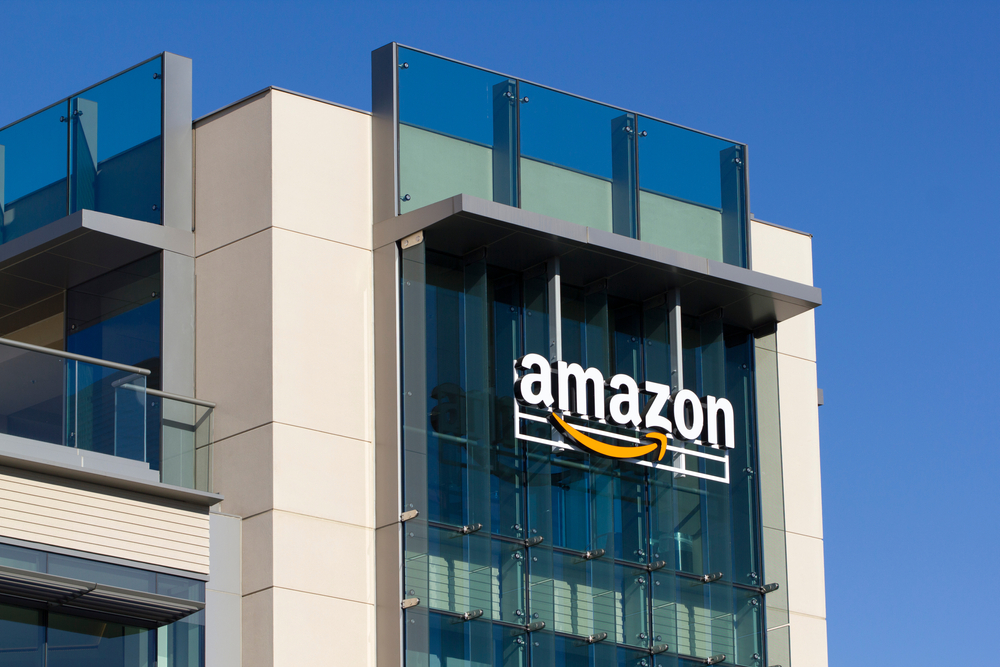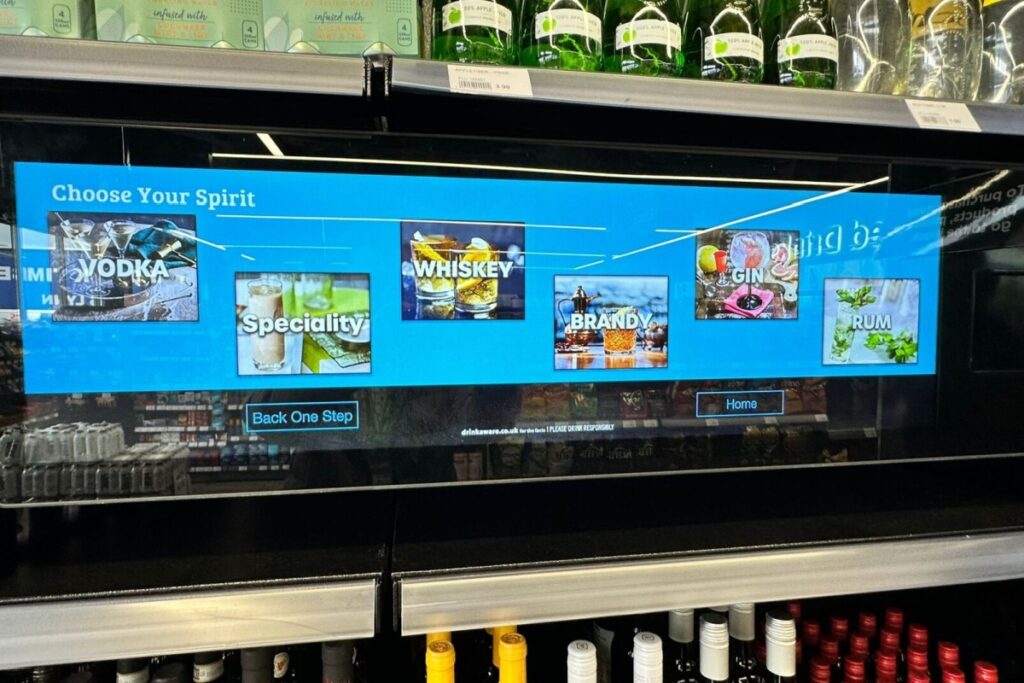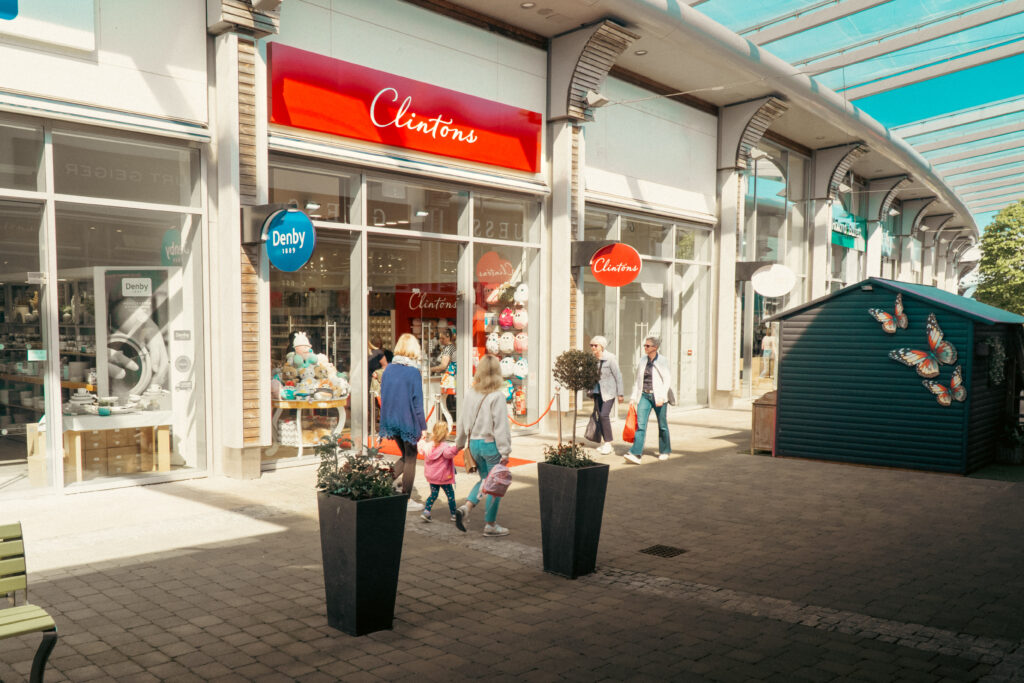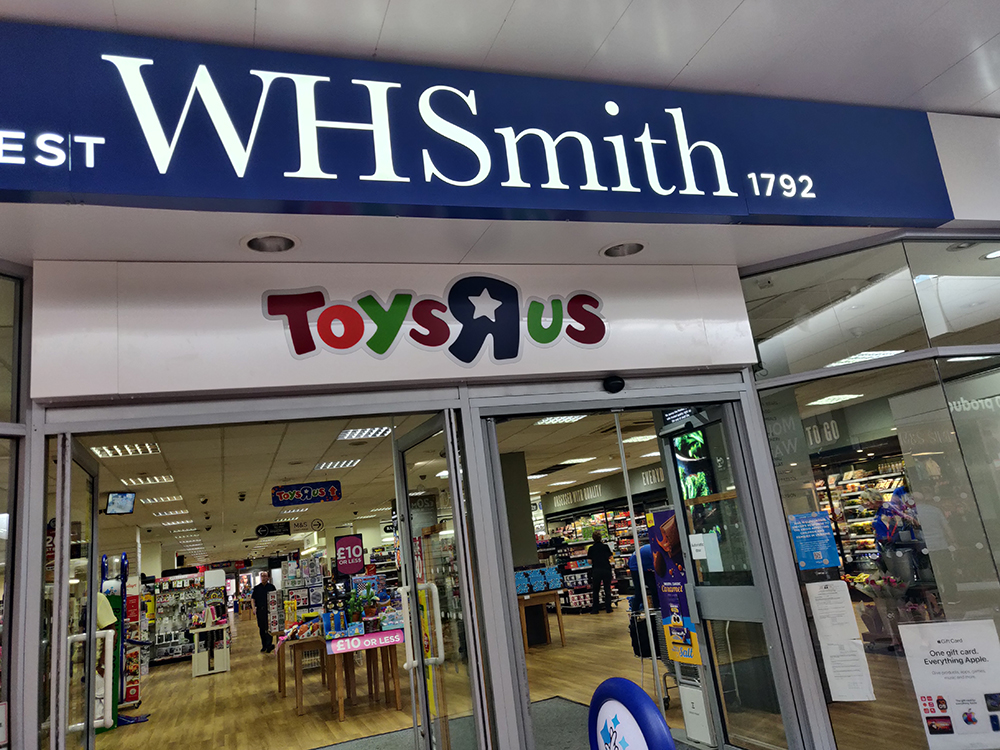The retail industry is currently experiencing a technology revolution, evidenced mostly through improved online offerings and increased use of mobile marketing platforms. It is vital that retailers strive to ensure that this revolution is felt right across the business, from the web to the warehouse floor, if they really want to fully future-proof their company.
As the internet has grown and become a part of everyday life, increasingly more retailers are finding better ways to sell through it, which is evident from recent reports from the BRC which shows a rise in online shopping of over 19%. Stores also now offer front of house tablets allowing customers to search through stock for items themselves, and offer next day delivery of goods purchased online, through logistics companies such as ByBox.
Mobile commerce has rocketed in the last few years. Big high street brands and even smaller retailers are embracing mobile as they realise how vital the platform is to engage with their customers. Brands such as ASOS, an innovator in its own right, are investing time, money and forward thinking teams to develop apps allowing users to scan with their mobiles when shopping, turning what was once a magazine into a highly successful m-commerce ‘store‘.
But being a technologically savvy retailer entails much more than offering the chance to shop through clever and convenient outlets. By constantly striving for speed and agility, retailers are able to better service their customers. It is the clever retailer that will look at modernising its supply chain in tandem with its online and mobile offerings.
M&S, for example, has recently been looking to become more technologically focused, reflected in the implementation of a new web platform and plans for big data projects this year, allowing for more efficient predictions of product demand. However, it must also remember to make back room changes wholesale and embrace flexible delivery and logistics approaches, such as click and collect pick up points and in-store multichannel offerings, to warehouse logistics and supply chain solutions, to stream line end-to-end customer service.
Such transformations of a supply chain are a key part of being agile when transforming the customer experience. Incorporating technology into logistics will enable tracking of products at all times, and can further drive business efficiencies for clients. We responded to this client need by developing Thinventory, which allows customers to track deliveries at each stage- allowing them to pass this insight on to the end user. Communication is key to service with the modern consumer. It can show a retailer is progressing from traditional service standards into a modern, customer focused business, using technology which fits into the convenience-driven lives of the 21st century shopper.
Last year saw the wholesale uptake of mobile commerce, which data from IMRG shows now accounts for 23% of online shopping purchases. This year could be the year when brands are able to truly connect with consumers in a multitude of seamless services. But if brands are to provide products so rapidly, there must be an efficient supply chain that is capable of keeping up with this high frequency volume. It is essential that retailers, when updating their technology, consider all aspects of the industry and ensure their supply chain is just as advanced as their data research, online offerings and front of house outlets. Only then can they call themselves a technologically savvy retailer.

















